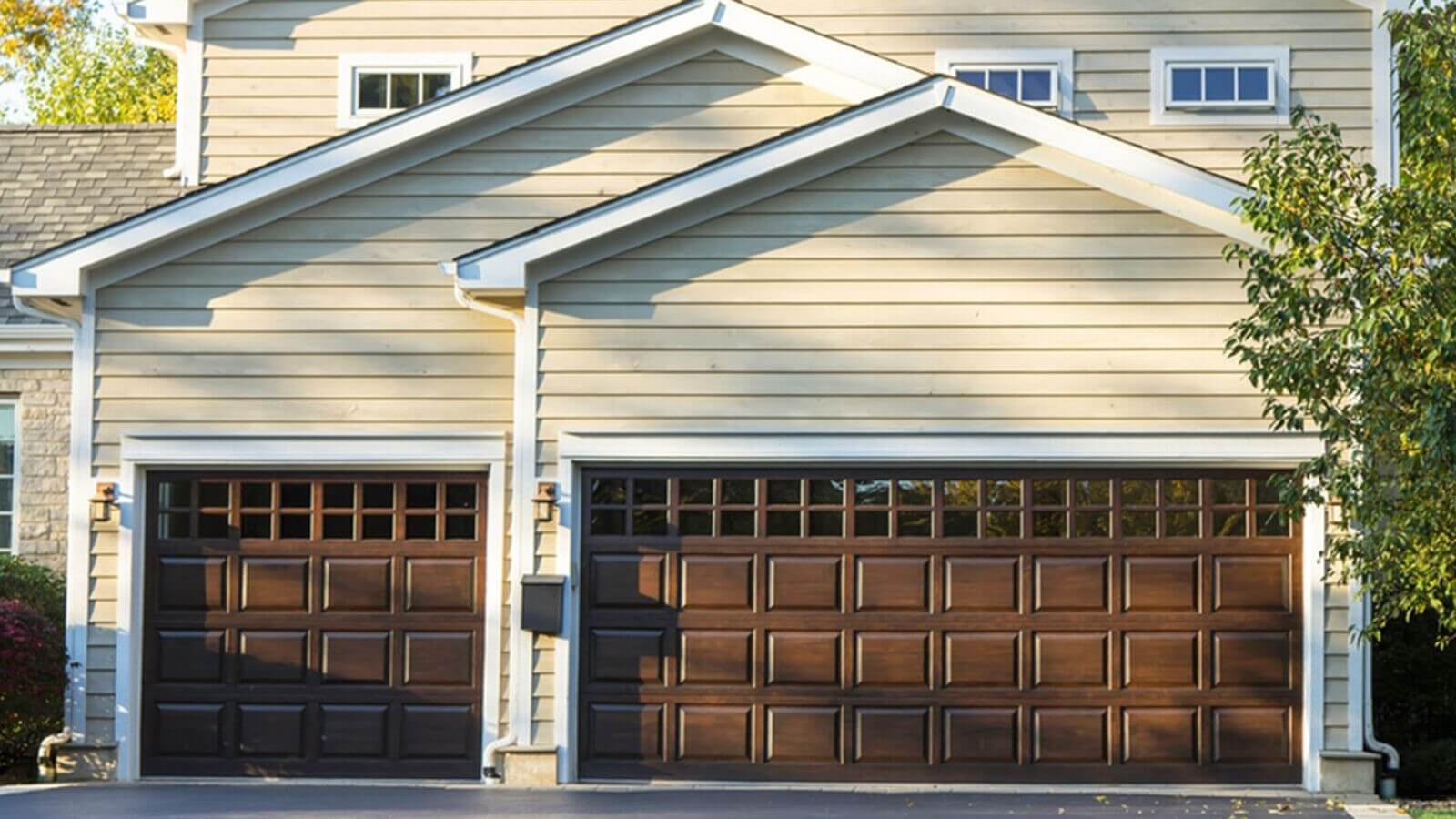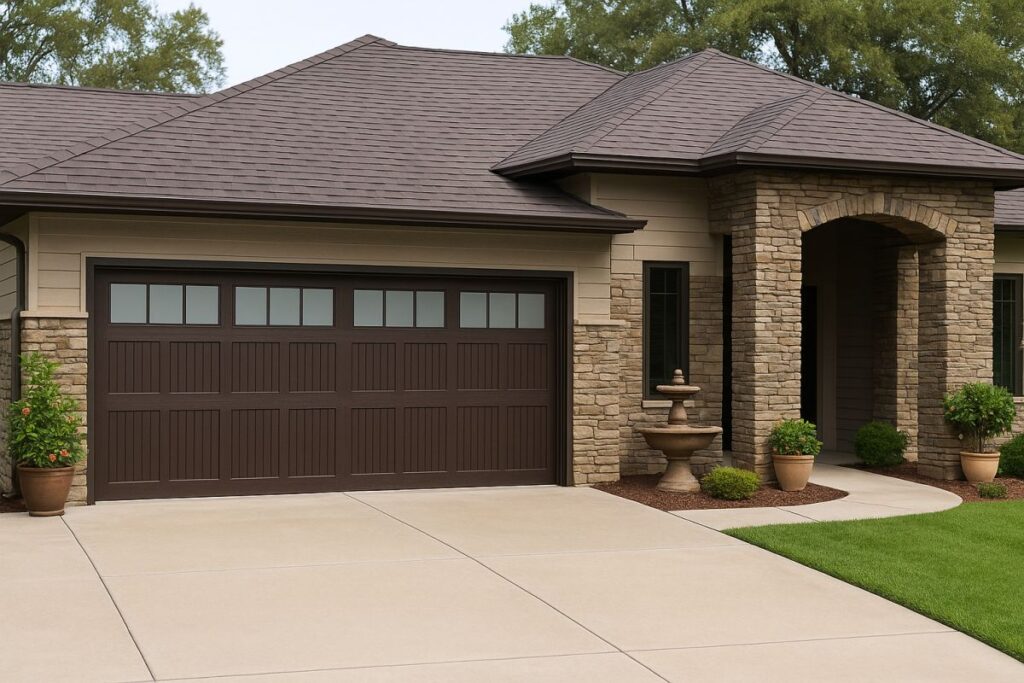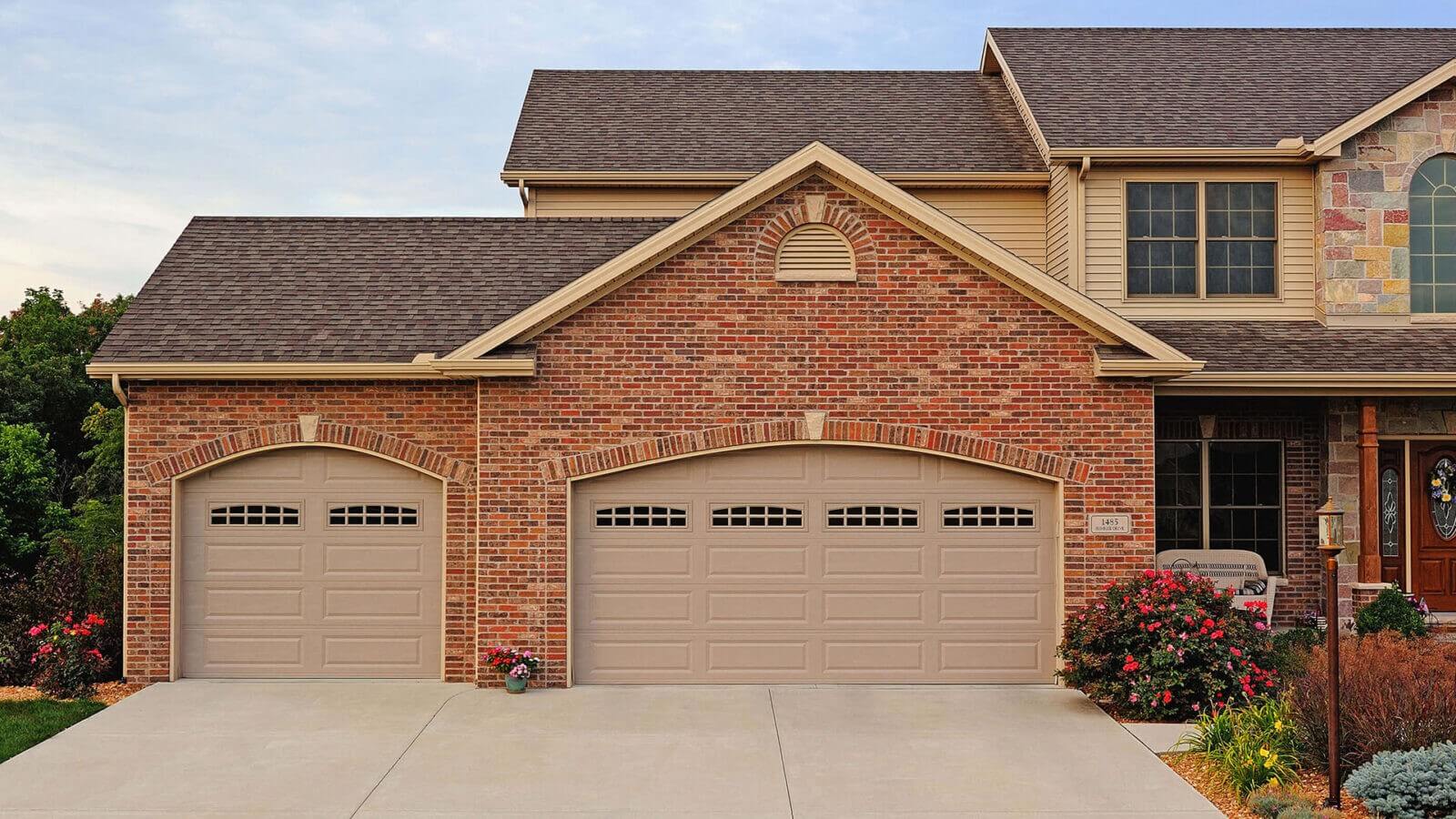What Is The Life Expectancy Of A Commercial Garage Door?
When it comes to commercial properties, the functionality and durability of a garage door play a pivotal role in operations. Business owners often ask, What is the life expectancy of a commercial garage door? This question is crucial since understanding the lifespan can help in budgeting for repairs or replacements and maintaining a smooth business operation.
In this comprehensive article, we will explore various aspects that affect the longevity of commercial garage doors, including maintenance practices, types of materials used, environmental factors, and more. So, sit back as we delve deep into this topic.
What Is The Life Expectancy Of A Commercial Garage Door?
When considering what is the life expectancy of a commercial garage door, the answer can vary widely based on several factors. Generally speaking, you can expect most commercial garage doors to last anywhere from 15 to 30 years with proper care. However, some doors may have a shorter life span due to poor maintenance or unfavorable conditions.
Factors Influencing Longevity
-
Material: The type of material used in the garage door significantly influences its lifespan. Steel doors often outlast wooden ones due to their resistance to weather and wear.
-
Usage Frequency: More frequent use typically means more wear and tear. If your commercial garage door opens multiple times daily, expect it to need repairs or replacement sooner than one that sees less action.

-
Environmental Conditions: Doors exposed to extreme weather conditions—such as heavy rain, snow, or corrosive salt air—tend to degrade faster than those in milder climates.
-
Maintenance Practices: Regular inspections and maintenance can extend your garage door’s life expectancy significantly. Neglecting these practices can lead to costly repairs down the line.
Signs That Your Garage Door Needs Attention
Unusual Noises: If your garage door starts making strange sounds such as grinding or squeaking, it might be time for an inspection.
Slow Operation: A slow-moving garage door could indicate issues with the opener or tracks.
Visible Wear and Tear: Look for rust on metal doors or cracks in wooden ones.
Difficulty Opening/Closing: If you find it challenging to open or close your garage door manually or with a remote, it's likely time for a professional evaluation.
Maintaining Your Commercial Garage Door for Longevity
To ensure that you get the maximum life out of your commercial garage door, consider implementing these maintenance tips:
- Have your door inspected at least once a year by professionals.
- Lubricate moving parts such as rollers and hinges every few months to keep them functioning smoothly.
- Inspect torsion springs regularly; they bear most of the weight when opening and closing.
- Ensure that weatherstripping is intact; this helps protect against external elements.
- Clear any debris from tracks to avoid blockage during operation.
- If you notice any problems requiring attention beyond basic maintenance, consult with experts in commercial garage door repair immediately.
Types of Commercial Garage Doors and Their Lifespans
Understanding different types of commercial garage doors can also provide insight into their expected lifespans:
1. Sectional Doors
Sectional doors consist of panel sections connected by hinges that roll up along vertical tracks when opened.
- Average Lifespan: 20-30 years
2. Roll-up Doors
These are designed for high-frequency use; they roll up into a coil above the opening.
- Average Lifespan: 15-25 years
3. Sliding Doors
Commonly found in warehouses and storage facilities, sliding doors slide open parallel along tracks.
- Average Lifespan: 10-20 years
4. Folding Doors
Folding doors consist of multiple panels that fold into themselves; they are excellent space-savers but require regular maintenance.

- Average Lifespan: 15-25 years
Table: Comparison of Different Types of Commercial Garage Doors
| Type | Average Lifespan | Best Use Cases | |---------------|------------------|----------------------------| | Sectional | 20-30 years | Warehouses | | Roll-up | 15-25 years | High-frequency access | | local garage door repair firms Sliding | 10-20 years | Storage facilities | | Folding | 15-25 years | Limited space environments |
The Cost-Benefit Analysis of Replacing vs Repairing Your Garage Door
Deciding whether to replace or repair your commercial garage door can be daunting but essential for maintaining operational efficiency:
Factors Favoring Repair
Minor Issues:
- If there are minor damages like dents or rust spots that don't affect functionality.
Recently Installed:
- If your door is relatively new (less than five years), repairs may be more cost-effective than replacement.
Budget Constraints:
- Repairs generally cost less upfront compared to full replacements.
Factors Favoring Replacement
Extensive Damage:
- Significant wear-and-tear may warrant replacement instead of continued repairs.
Outdated Technology:
- Newer doors offer better insulation and energy efficiency; if yours lacks modern features, consider upgrading.
Increased Safety Features:
- Older models may not meet current safety standards; replacing them could enhance safety at your facility.
FAQs
Q1: How do I know if my commercial garage door needs immediate repair?
A: Signs like unusual noises during operation, slow movement, visible rust or damage indicate urgent attention is required.
Q2: Can I perform DIY maintenance on my commercial garage door?
A: Yes! Simple tasks like lubrication and cleaning tracks can be DIY projects; however, complex issues should always involve professionals skilled in commercial garage door repair.
Q3: What materials are best for long-lasting commercial garage doors?
A: Steel is often recommended due to its durability; however, insulated steel offers better energy efficiency while aluminum provides lightweight options resistant to corrosion.
Q4: How often should I schedule professional inspections?
A: Ideally once a year at minimum; depending on usage frequency, biannual checks might be beneficial for high-use facilities.
Q5: Are there warranties available for commercial garage doors?
A: Yes! Most manufacturers provide warranties ranging from one year up to lifetime coverage depending on installation quality and materials used.
Q6: What should I look for when hiring a repair service?
A: Research reviews online about local services specializing in commercial garage door repair; check credentials and ask about their experience level with specific brands/models you own.

Conclusion
In summary, understanding "what is the life expectancy of a commercial garage door" involves considering various factors including material quality, usage frequency, environmental conditions, and diligent maintenance practices—all crucial elements impacting longevity substantially!
By investing time into routine checks alongside prompt professional intervention when needed will not only prolong your investment but also guarantee seamless operations critical for any business environment!
So take charge today—whether it's scheduling an inspection or simply lubricating those moving parts! After all—the longevity benefits greatly outweigh temporary inconveniences encountered during upkeep efforts!